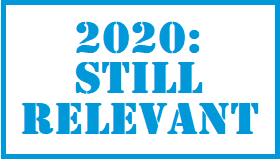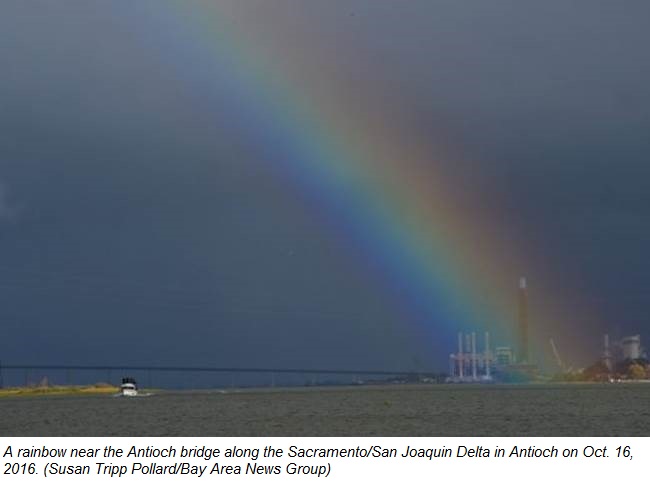
By Adams Keats, San Jose Mercury News. 12.27.16
Sen. Dianne Feinstein and San Joaquin Valley agribusiness would have us believe that bureaucratic red tape and blind adherence to environmental laws are holding back the State Water Project and the Central Valley Project, preventing water from being delivered to thirsty farms and cities.
Aside from pushing a false conflict between farms and fish, this thinking is flawed for another reason: It grossly overstates the amount of water capable of being produced by the State Water Project and the Central Valley Project.
The fundamental problem for water contractors dependent on Bay-Delta water supplies is not that the fish are getting too much water, but rather that the water isn’t there. Big Ag knows this full well because it baked this fact into the State Water Project contracts.
State Water Project contractors hold contracts for about 4.2 million acre-feet per year of project water (often referred to as “Table A Water”). Yet, as the Department of Water Resources admits, because much of the system was never built out — including several proposed dams that were taken off the table by Gov. Ronald Reagan when he protected several rivers as Wild and Scenic. So the State Water Project can only reliably produce between 2 and 2.4 million acre-feet per year. The difference is known as “paper water,” and the fact that the contracts are based on so much imaginary paper water is one of the main reasons the Bay-Delta ecosystem is collapsing.
The contracts are based on artificially inflated numbers because the “entitlements” set expectations high and put pressure on the state to actually deliver that amount of water.
These numbers present a false story of extreme hardship by the contractors, who even in the best years seem to only get half of the water they contract for. They put pressure on elected officials and provide false justification for bills like Feinstein’s.
Feinstein’s rider to the Water Infrastructure Improvements for the Nation Act calls for project officials to “provide the maximum quantity of water supplies” to contractors. More likely than not, that “maximum quantity” is going to start with the imaginary 4.2 million acre-feet.
Some years the State Water Project delivers the full 4.2 MAF. But the extra water comes from the mouths of the fish and the birds in the Bay-Delta ecosystem, from the hundreds of family farms in the Delta, and from California’s sustainable salmon fishing industry. These interests have proven to be a poor match against wealthy San Joaquin Valley agribusiness.
We need to rid the contracts of this paper water. As long as the system keeps promising double what it can deliver, there will never be enough water for anybody.
The state is currently negotiating with the water contractors for the extension of the contracts, which are set to expire starting in 2035. Although the latest drafts contain the paper water numbers, they can still be changed to finally bring the contracts out of fantasy land and into reality.
There is no good public policy reason to leave the inflated numbers in the contracts. It is time to break the cycle.
All water users – including birds and the fish that support the $1.4 billion salmon industry in California – are “entitled” to fair and sustainable access to what resources we have.
Gov. Jerry Brown and other state officials should demand the Table A amounts be reduced to reflect reliably deliverable water and set the State Water Project on the road to a functioning, sustainable future.
Adam Keats is a senior attorney at Center for Food Safety working on water supply and privatization issues. He wrote this for The Mercury News.
